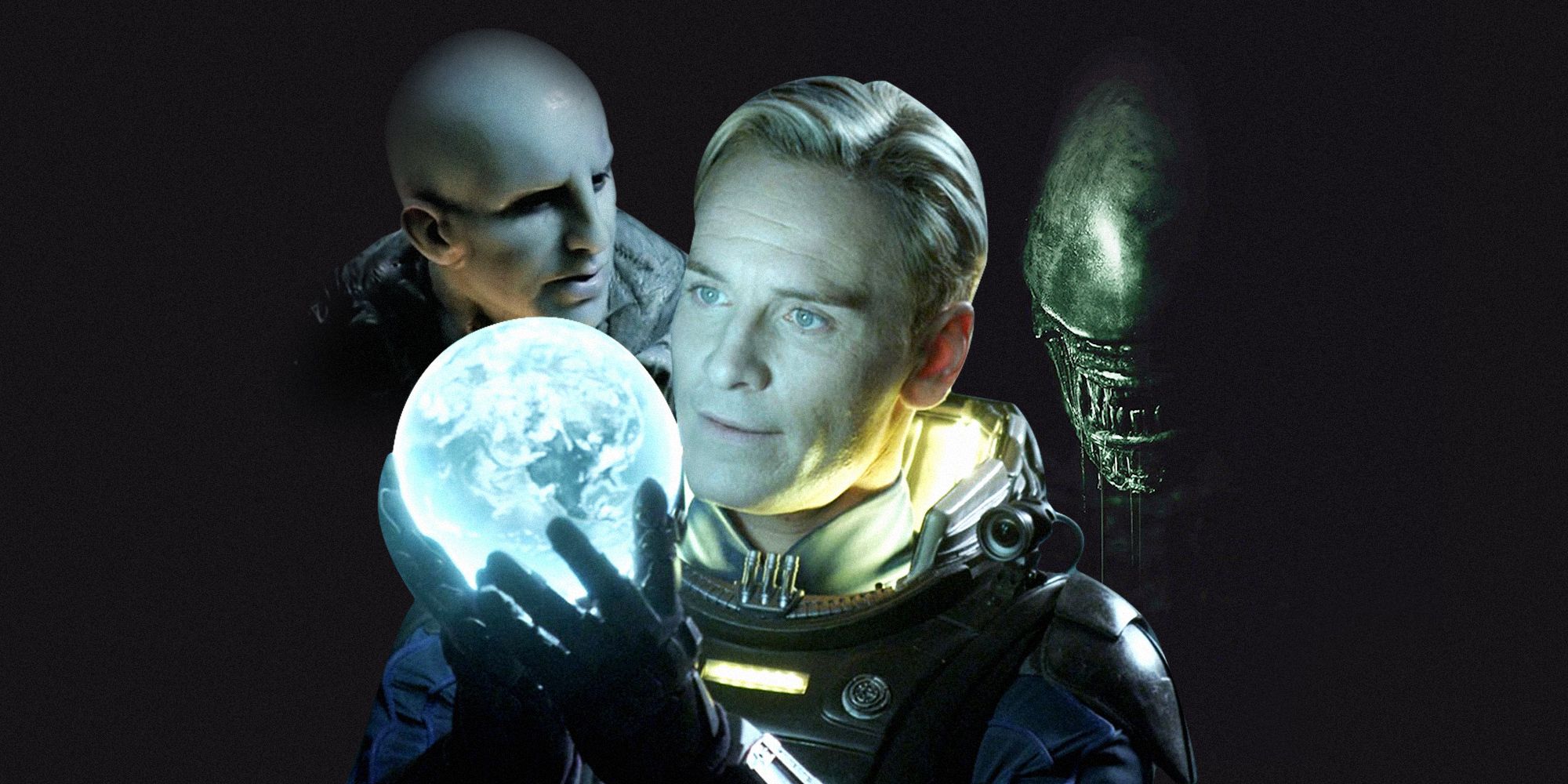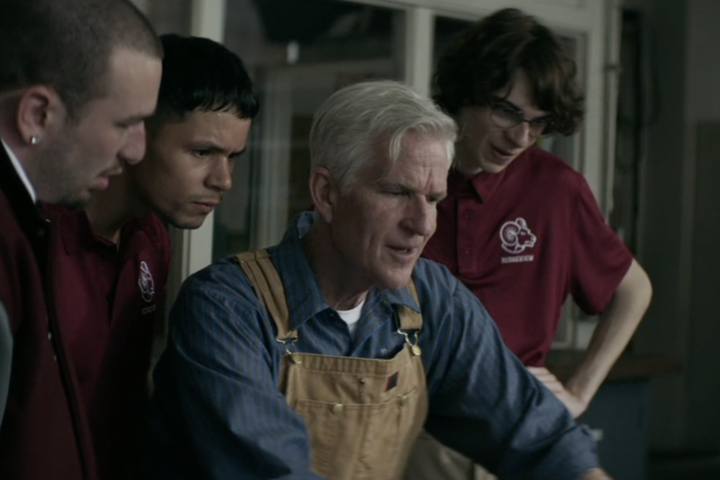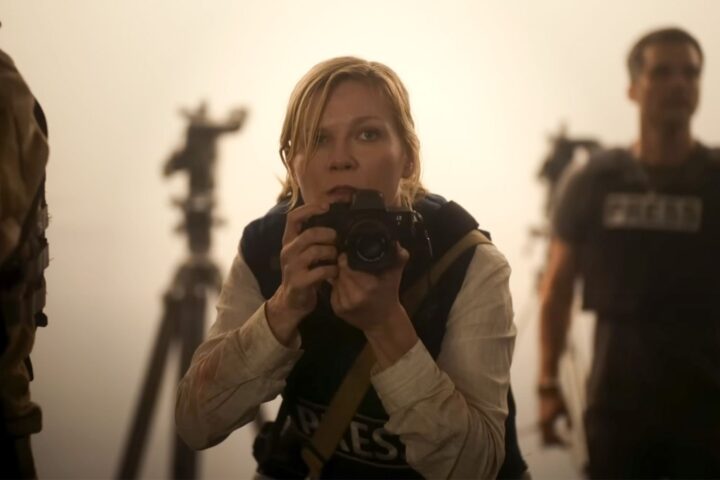Superbly mounted by director Ridley Scott, the ambitious sci-fi epic Prometheus poses the big questions—origin of the species, science vs. faith and the potential end of Earth—and it’s a hell of a way to spend two hours, inside a smart, visionary, big-budget ride that employs terrific 3D, judicious special effects and a thoughtful ruminations on existence courtesy of its screenwriter, Lost’s Damon Lindelof.
The plot is the standard humans go poking around in dark, wet places they shouldn’t, covered in a layer of mysticism and origin-making that feels both awe inspiring and familiar. But Scott’s trademark visuals, with their dank, designer, upscale gloss and classically composed widescreen spacescapes, are breathtaking—and the main reason to see this picture.
Set in 2089 and construed as a loose prequel to Scott’s seminal 1979 deep space shocker Alien (but largely free of that film’s poetry and shocks), Prometheus takes a different tact as it lays the groundwork for the now-classic original picture, which made a star out of then ingénue Sigourney Weaver as a plucky officer going mano-a-mano against a drooling beast with steel-trap jaws—which would go on to become one of our all-time great movie monsters.
Prometheus could do the same for dynamic Swedish actress Noomi Rapace (the definitive The Girl with the Dragon Tattoo), who plays Dr. Elizabeth Shaw, one half of a scientist team that also includes her lover, Dr. Holloway (Logan Marshall Green). As the film opens they discover ancient cave drawings on the Isle of Skye, suggesting the presence of an alien species that could potentially have brought human life to Earth centuries ago.
Flash-forward and the scientists emerge from deep sleep aboard the vessel Prometheus (the myth of which forms the backbone of the film’s theme), bound for a planet “a half billion miles from Earth,” in search of the supposed ancient architects of human existence. Pragmatic Shaw, an orphan after her father’s death from Ebola decades prior, clings to faith (and her cross necklace) even in the face of her own scientific facts, though the screenplay doesn’t manage to muster much of a discussion on the topic.
So goes the set-up, and for a while Prometheus mimics Alien with its ragtag group of crewmembers bickering before making the mistake of getting too close to the planet’s secrets. Also in tow is a tough-as-nails, perfectly coiffed corporate drone (Charlize Theron in ice queen mode), a gruff and no-nonsense (is there any other kind?) ship captain (Idris Elba) and a withered old billionaire (Guy Peace, under heavy prosthetics), underwriting the voyage on a lifelong quest to meet his maker.
But the most fascinating creation is android David, played with superior wit by ubiquitous Michael Fassbender, stepping into the Ian Holm/Lance Henriksen series staple of the brilliant robot that just may be hiding his ulterior agenda. Fassbender, the star of last year’s Shame, presents David as a fascinating study in human mimicry (indeed he watches Lawrence of Arabia to absorb Peter O’ Toole’s cadence).
Prometheus is a slow burn that kicks into high gear once the crew, which also includes a few colorless victims, enters a mysterious pyramid enabling the production design to go gaga with vast sets and a return to Alien’s mysterious, famous “space jockey,” explained away here amidst truly special visual effects as the labyrinthine locale slowly reveals its secrets.
The main payoffs in Prometheus are of the visceral kind—looking at, breathing in, squeezing out and even reanimating things we have no business meddling with—and to this aim, Scott stages a bravura sequence where Rapace enters an automated surgical pod to extract a nasty… Well, the less details the better, but the actress undergoes extreme paranoia most convincingly in Prometheus’ single scene of Grand Guignol, a real doozy.
Ultimately, Prometheus probably bites off a bit more than it chooses to chew, not answering its universal inquiries but rather leaving them open to contemplation. No denying that there are visual, aural and thematic ideas on display here—a welcome return to intelligence for a summer blockbuster.
3 1/2 stars.



